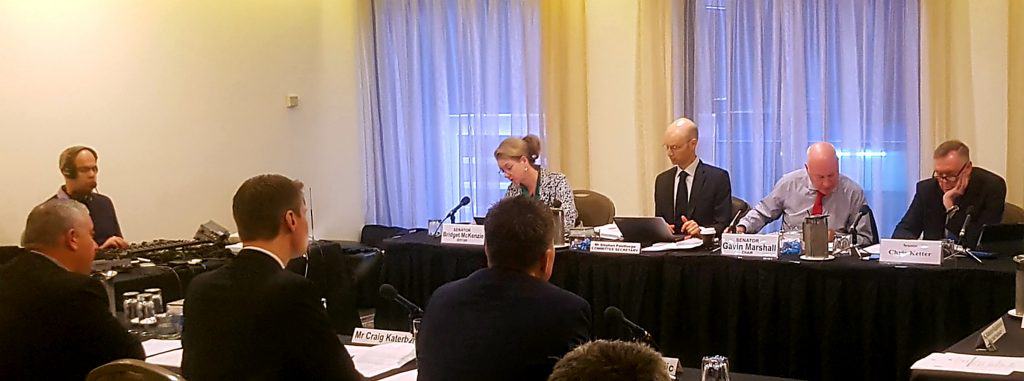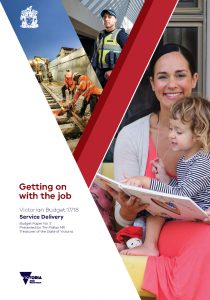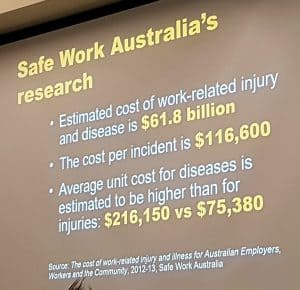On May 18 2017, Australia’s Senate Education and Employment Committee held a public hearing for its inquiry into Corporate Avoidance of the Fair Work Act in Melbourne Australia. Executives of Carlton United Breweries (CUB) were the first to appear, ostensibly, to reiterate and answer questions about its submission. The Chair of the Committee, Senator Gavin Marshall, had different expectations and stated he would be asking about a passionate, long and contentious dispute at CUB’s Abbotsford brewery in 2016. Quotes from a CUB diary of events, mentioned by Senator Marshall, seemed to catch the CUB executives unaware.
 Senator Marshall quoted from a CUB Manager’s diary asking what was meant by “Shooting the shit out of them”. The atmosphere in the hotel function room changed. Continue reading ““Shooting the shit out of them””
Senator Marshall quoted from a CUB Manager’s diary asking what was meant by “Shooting the shit out of them”. The atmosphere in the hotel function room changed. Continue reading ““Shooting the shit out of them””






